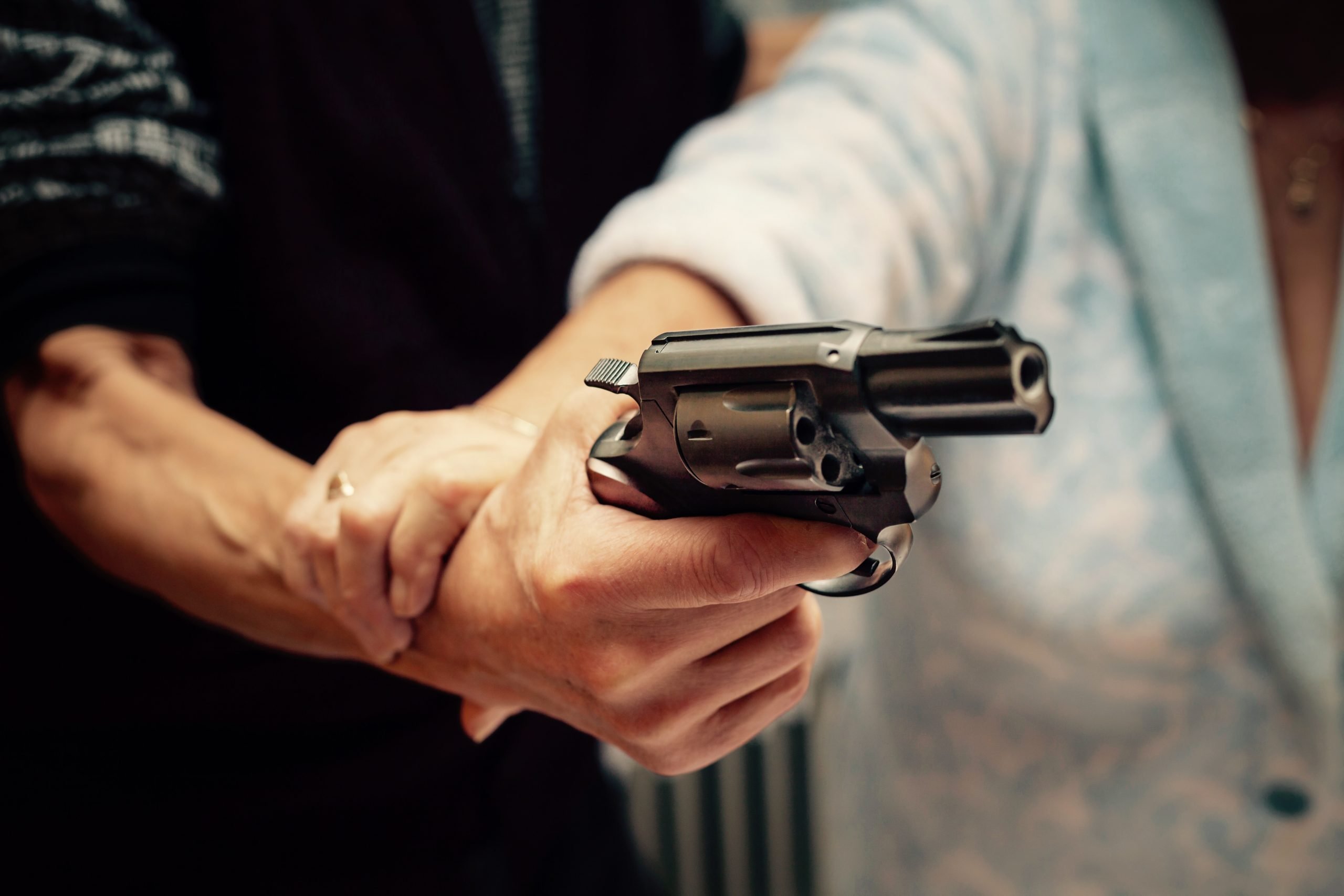Hello, readers. Illinois lawmakers passed a waiting period for military-style guns. Governor Bruce Rauner sent it back with some revisions, one of which is sure to spark conflict. Plus, what do people who’ve received extreme-risk protection orders think of the laws that allowed their guns to be taken away? Those stories and more, below.
Receive this daily news briefing by email every morning. Sign up here.
WHAT TO KNOW TODAY
The governor of Illinois rewrote a gun bill, adding a provision reinstating the death penalty for certain offenses. The legislation on the desk of Republican Bruce Rauner would have imposed a 72-hour waiting period on buyers of assault-style weapons. Rauner used an amendatory veto to make that apply to all gun purchases and added several other provisions, including a bump stock ban and the creation of a gun-violence restraining order. Another measure reinstates the state’s death penalty “for mass murderers and for those who kill law enforcement officers.” Lawmakers now have 15 days to either pass the reworked bill or override the changes.
The National Rifle Association is opposing a red flag bill in Massachusetts. A post by the gun group’s lobbying arm urges members to take action against an extreme-risk protection bill in Massachusetts that it argues would allow gun seizures without due process. The NRA has been fighting similar bills in other states, despite the professed support of its top lobbyist, Chris Cox, for laws that enable law enforcement to disarm people deemed at risk of harming themselves or others.
Gun permit requests in Sutherland Springs, Texas, spiked after last November’s church massacre. Data obtained by the San Antonio Express-News shows a 167 percent increase in Wilson County, which includes Sutherland Springs, compared to the same period the previous year.
A Florida judge ruled that the NRA cannot add anonymous teens to its lawsuit against the state’s new age requirement for assault-style weapons. The organization argued that the anonymity was necessary to avoid potential online harassment. On Sunday, U.S. District Judge Mark Walker reluctantly ruled that the 19-year-olds’ views on the Second Amendment did not meet the exceptional circumstances required to allow anonymous parties in lawsuits.
Baltimore Ceasefire organizers celebrated their fourth homicide-free weekend this year. As part of an organized anti-violence effort, the city recorded no homicides from Friday to Sunday, following an especially violent April. The streak ended on Monday when a man was fatally shot.
A new gun bill in Kansas mandates that domestic abusers relinquish their guns, but does not specify how. It will be up to domestic abusers themselves to follow the law, according to one district attorney, who says he does not plan to proactively file any charges.
Police in Honolulu seized a cache of weapons in a raid prompted by online threats. The Federal Bureau of Investigation and Honolulu police raided the hotel room of a 38-year-old man who wrote on social media that he was a federal agent hunting terrorist cells. They found an AR-15, a shotgun, two handguns, more than 800 rounds of ammunition, 18 military-style knives, and body armour. The man was a legal gun owner, but police temporarily seized his weapons after finding psychiatric medication in his room.
A child in Kansas City, Missouri, shot himself on Sunday with a gun left unattended and unlocked in his home. Police say the boy, who is under the age of 6, was rushed to the hospital for treatment.
ONE LAST THING
Red flag laws, as viewed by people who’ve had their guns temporarily seized. After a man’s guns were taken under Florida’s new red flag law, he told the Daytona Beach News-Journal that the concept of extreme-risk protection orders “makes sense” to him. “If someone is in that position where they feel like they are going to take their own life or take someone else’s they probably shouldn’t have any weapons,” said the man, whose weapons were temporarily taken by police after he physically abused his girlfriend and threatened to kill himself.
In March, The Trace’s Alex Yablon talked to a California man who was forced to relinquish his firearms in 2016 under the state’s red flag law. A self-described “gun nut,” Ben Bertiger also said that he was glad the police intervened. “There were definitely things that were destructive about my behavior with guns,” he said. “Maybe it’s good to step back. I want to keep my head down, complete probation, and find other hobbies.”

